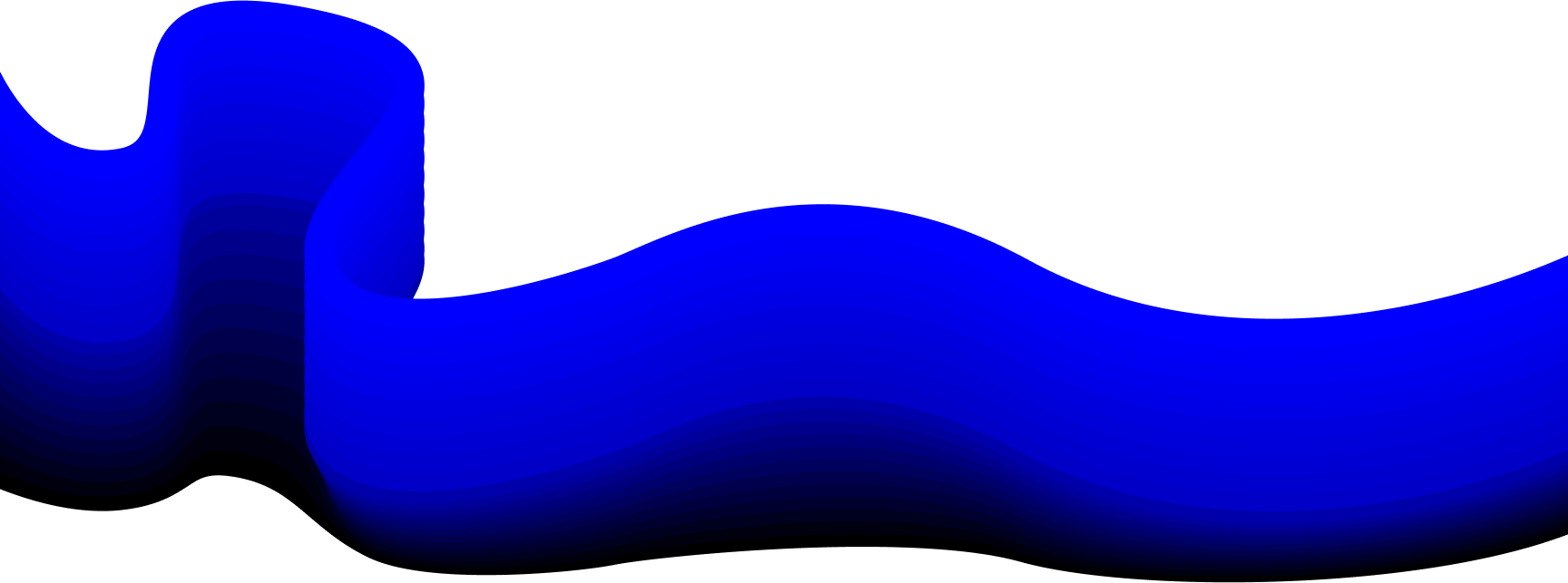
MFA
Computational Arts

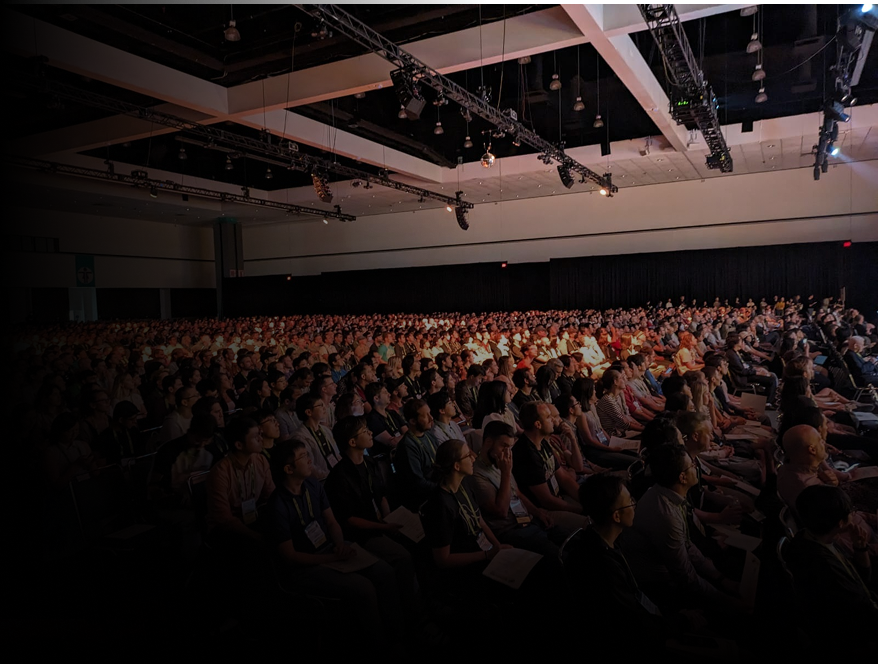
OVERVIEW
The MFA in Computational Arts at The Hong Kong University of Science and Technology (Guangzhou) (HKUST(GZ)) is a full-time, two-year professional degree for artists, designers, and technologists seeking to explore the intersection of creative practice and emerging technologies.This program equips students with advanced skills in areas such as creative coding, animation, VR/AR, generative design, sound art, game development, and digital fabrication, fostering critical thinking, collaboration, and exhibition-driven practice.
Rooted in a globally recognized MFA tradition and supported by HKUST(GZ)'s interdisciplinary strengths in science and engineering, the MFA(CA) is one of the first programs of its kind in Asia. It combines rigorous studio work, theoretical inquiry, and real-world internships to develop a new generation of creative practitioners prepared for careers in the arts, design, academia, and technology-driven industries.
WHAT IS COMPUTATIONAL ARTS?
Computational Arts is an emerging interdisciplinary field that brings together the expressive power of art with the possibilities of computation. It encompasses the use of algorithms, software, electronics, and digital systems as both medium and method for artistic creation.
Artists in this field may work with:
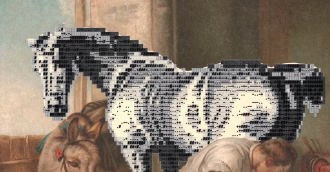
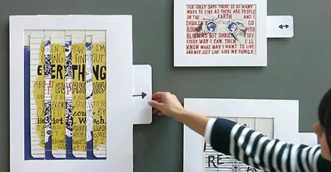
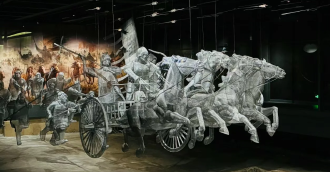
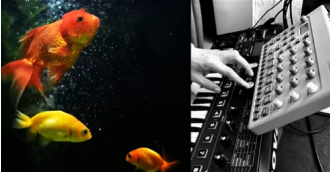
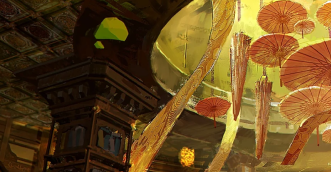
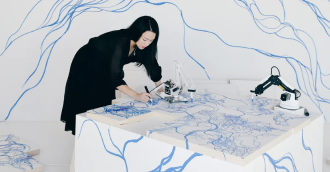
By integrating artistic vision with technological fluency, computational media artists help shape the future of how we experience media, culture, and digital interaction.
CURRICULUM (TENTATIVE)
The MFA in Computational Arts curriculum is designed to provide students with a comprehensive foundation in both technical skills and theoretical understanding. The program combines studio practice, seminars, and independent research.
Year 1 =
- Group Critique
- Creative Coding or Machine Learning for the Arts
- Computational Media and Arts Theory I
- Elective Course
- Elective Course
- Group Critique
- Elective Course
- Elective Course
- Elective Course
- Elective Course
- Internship
Year 2 =
- Internship
- Group Critique
- Elective Course
- MFA Thesis Project
- MFA Thesis exhibition
CMA Electives to choose from:
- Intro to Games Development
- Advanced Games Development
- Immersive Cinema
- Experiment Design and Analysis
- Sensor Technologies in Computational Art and HCI
- Creative Prototyping - Designing Interactive Experiences
- e-Textiles
- Assistive Technology Design
- City as a Canvas: Art & technology in public spaces
- Special Topics in Computational Media and Arts
- Animation Art: From Concept to Production
- Computational Approach to Chinese Calligraphy
- Interactive Storytelling
- Machine Learning for the Arts
- Programming for Virtual and Augmented Reality
- Computational Techniques for Sketch-Based Creativity
- Independent Study
- Interactive Music Systems Design
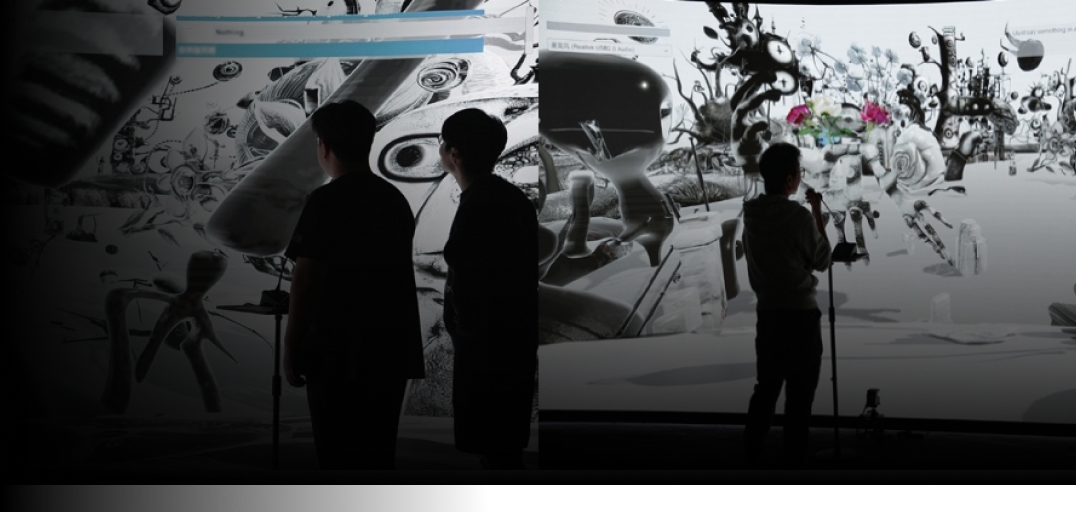
Skills You'll Gain
Through intensive studio practice, technical training, and critical engagement, you'll develop a versatile skill set that blends artistic creativity with technological fluency. You will gain:
- Proficiency in creative coding, generative art, and interactive media
- Hands-on experience with 3D animation, VR/AR, game engines, and digital fabrication
- Sound and electronic media production skills
- Project planning and collaboration in interdisciplinary teams
- Ability to conceive, develop, and exhibit ambitious computational artworks
- Critical thinking about media, technology, and culture
- Confidence in presenting and communicating your creative process
These skills will empower you to work across industries, build your own artistic practice, and navigate the evolving landscape of art and technology.
WHERE THIS DEGREE CAN TAKE YOU
The MFA in Computational Arts prepares you for a wide range of creative and technology-driven careers across the arts, media, design, and academic sectors. Graduates emerge with the skills, vision, and professional experience to work as:
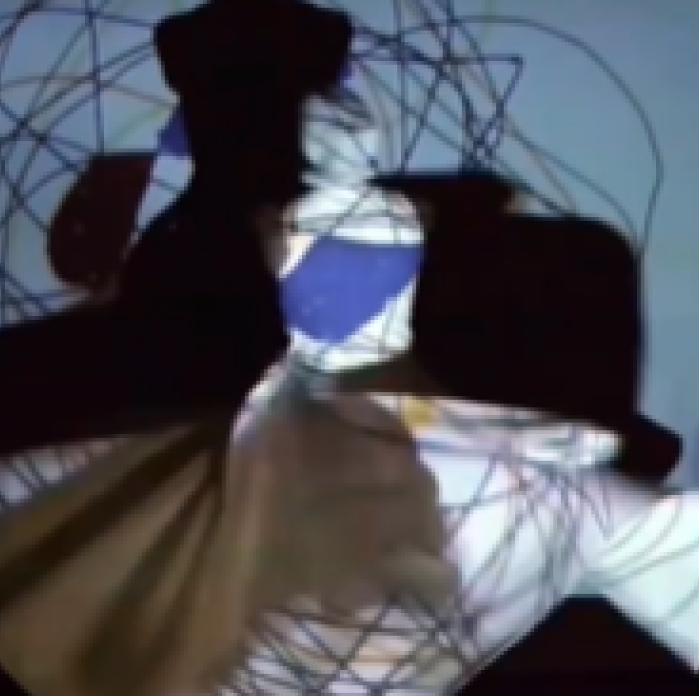
Solo artists or performers responding to commissions
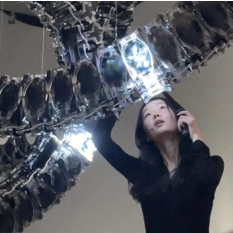
Creative technologists in digital or creative agencies
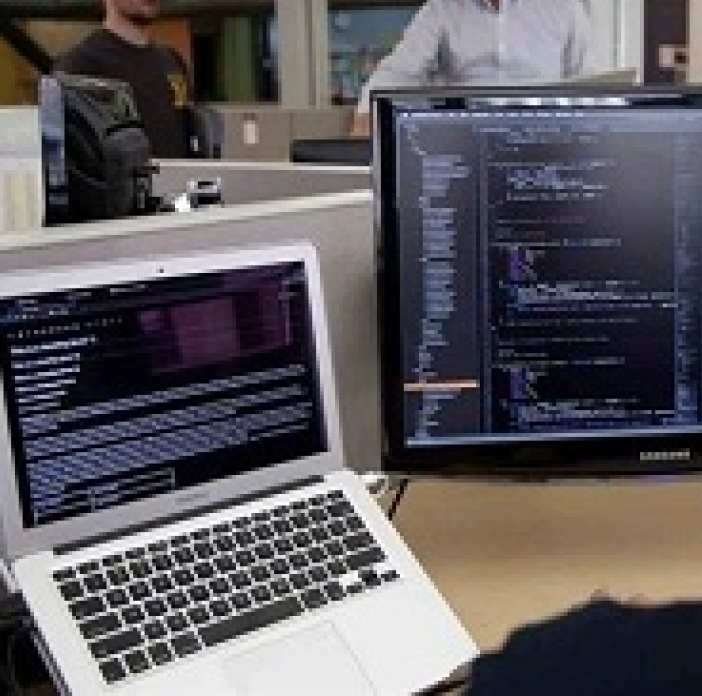
Software developers in the creative industries
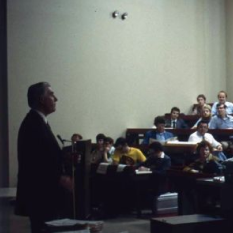
Educators in creative computing at all levels
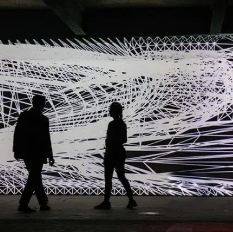
Technicians in art, computing, or digital fabrication environments
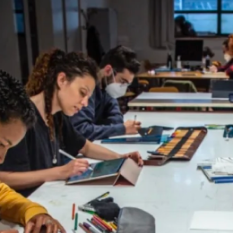
Postgraduate researchers pursuing advanced studies or working in R&D labs
This degree also opens doors to roles in:
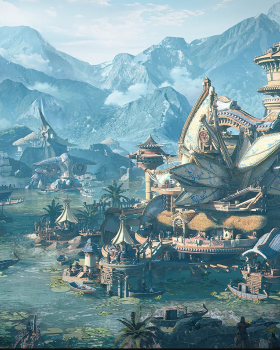
Game design and development
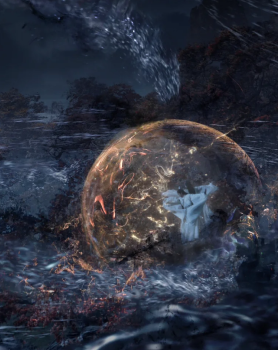
Film, animation, and visual effects
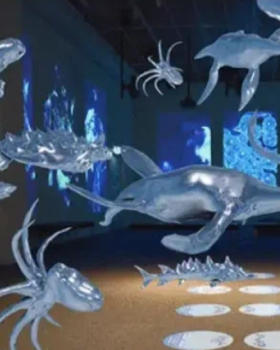
Virtual and augmented reality
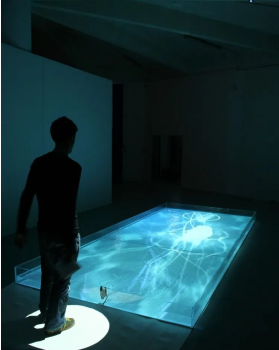
Interactive media and digital branding
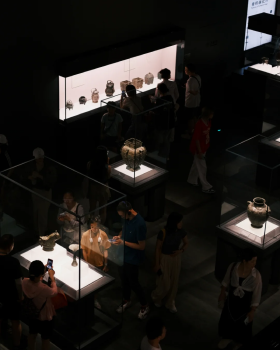
Museums, cultural institutions, and cutting-edge creative studios
Whether you want to build an independent artistic practice, collaborate with tech companies, or teach the next generation of creative coders, the MFA in Computational Arts gives you the foundation to thrive at the intersection of art and computation.
.png?v=627c71a2c5)